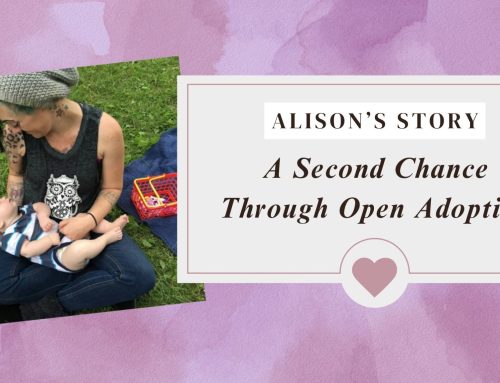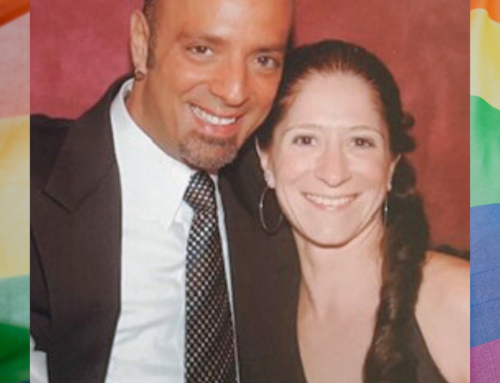
The adoption process can be a long journey and adopting a child across state lines can extend the time it takes before you can bring your baby home. There are laws and guidelines enacted by the Interstate Compact on the Placement of Children (ICPC) that must be followed before a baby can leave his or her home state.
The ICPC is an agreement between the 50 states, the District of Columbia, and the U.S. Virgin Islands that governs the placement of a child with an adoptive family in another state.
The purpose of the ICPC is to ensure that any child placed outside his or her home state is placed in a safe environment. A child is not permitted to cross state lines without getting the approval of the ICPC first. To legally place a child with residents of another state, laws of both the sending and receiving states must be followed.
How It Works
Once an adoptive family travels to the sending state to accept the placement of a child, an Interstate Compact request is prepared by the adoption agency or an attorney and is submitted to the ICPC administrator of that state for review.
The request is a packet of documents and typically consists of, but not limited to:
- demographic information of the child
- the type of placement
- medical and educational reports
- a copy of the home study
- proof of birth parents’ consent to the adoption
- court order showing termination of parental rights, etc.
After the sending state’s ICPC office approves the placement, it will forward the application to the receiving state’s ICPC office. The receiving state will also evaluate the application. Only after the receiving state approves the placement, may the adoptive parents return home with the child and move forward with any legal proceedings. The sending state maintains authority of the adoption until the adoption is finalized, and at that time the adoption agency or attorney in the receiving state must notify the sending state that the adoption has been finalized.
How long is the process?
An ICPC request cannot be filed until a birth mother’s consent is valid according to her state’s consent and relinquishment laws. In some states, relinquishment is irrevocable upon signing, and ICPC paperwork can be filed immediately. In other states, the mother must go to court before her consent is valid. After consent is valid, it may take 1 to 2 days for the adoption agency to complete all necessary paperwork and submit it to the ICPC. ICPC offices review request in the order it is received. Processing generally takes about a week, but may take longer. Adoptive families should prepare to stay in the child’s home state for about 2-3 weeks.
Keep in mind
Plan to miss work – Waiting for ICPC approval can last up to a few weeks. It’s best to speak with your employer early on and arrange time off for when the baby arrives.
Don’t contact the ICPC office – Repeatedly calling to find out the status of your request, does not expedite the process. It’s best to allow the adoption agency or attorney facilitate all communication with ICPC officials.
Bonding – Waiting for an ICPC approval can be overwhelming. You can use this time to bond with your new baby without being disrupted by your everyday routine.
Resources:




